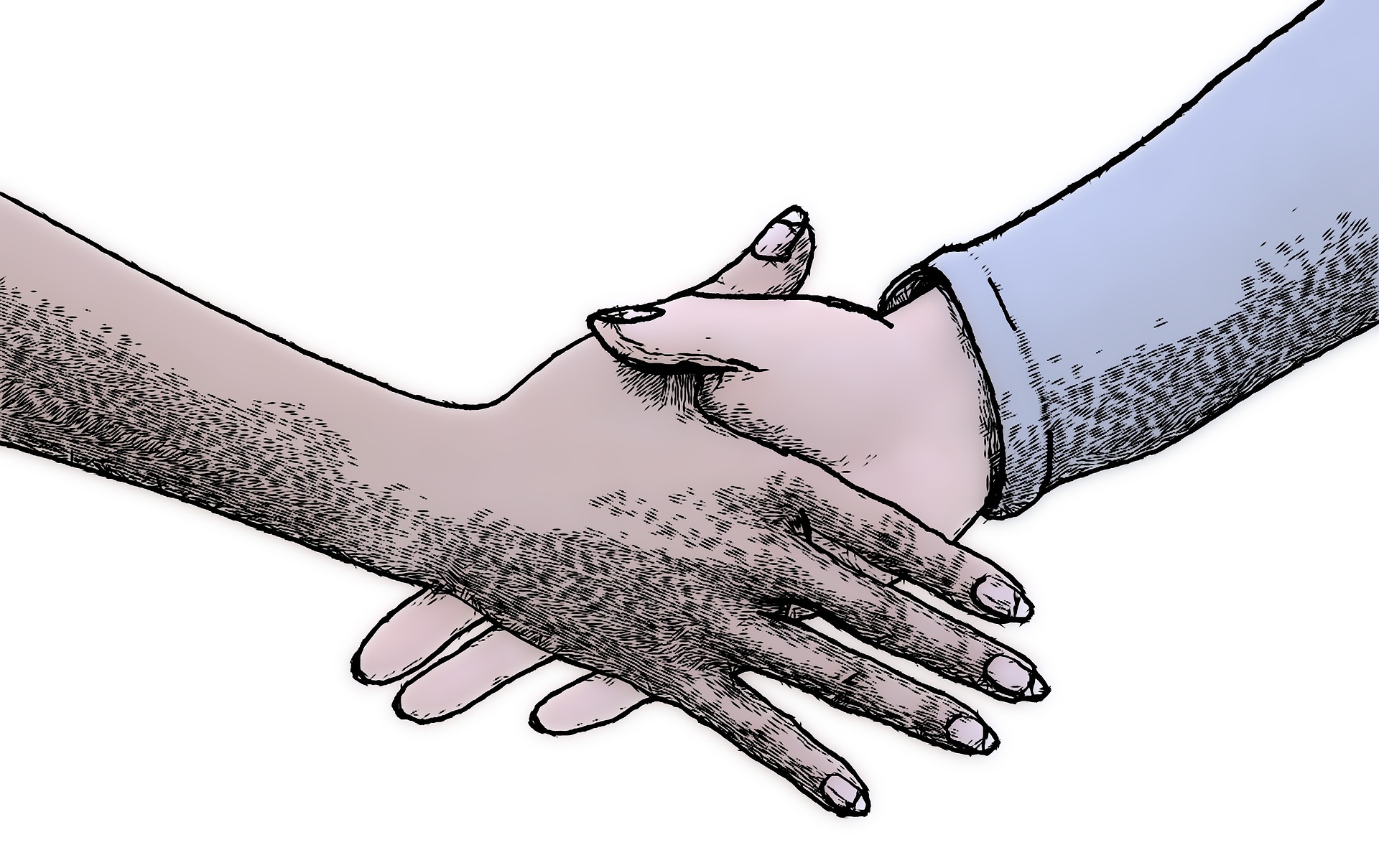“Happy new year, Ms. Johnson. How was your holiday?” I asked my case manager as I approached her to request some paperwork needed for my upcoming parole hearing. Sounds routine, right?
Many of you recently returned to work after the holiday, and I am willing to bet that the first thing you did when you encountered coworkers (physically or on a Zoom call) was to ask about their time off. You were just being cordial, respectful, human…That’s what normal people do.
But that’s not true in prison. Here, officers are instructed not to fraternize with or trust prisoners. They are conditioned to not even extend a simple greeting after a time away. And if I do it, it’s often received as if I am trying to hit on or manipulate the officer, or they assume I’m being facetious.
As a result, Ms. Johnson’s response was a brisk dismissal: “What do you want?” And it symbolizes what’s wrong with how we incarcerate in America, especially in the federal system.
Do we have to be adversaries?
I remember when I had just arrived at the DC jail to prepare for a court hearing, after being housed in the feds for 20 years. An officer I knew from back in the day saw me and said, “What’s up, Rob?” (notice he used my first name, which is anathema in the feds) as he eagerly stuck out his hand for a shake. My first reaction was to look at his hand as if it was a snake. To me, he was the “police” and I was a convict. And as a convict, it was against the rules for me to shake his hand. Yes, I was that messed up and it took several months in the jail to shake that attitude.
The ban on fraternization breeds an us vs. them mentality among both staff and individuals in custody (the Bureau of Prisons’ new, politically correct term for “inmates”). And this creates an adversary relationship that is counterproductive both to our rehabilitation and their job satisfaction and safety.
If we can’t be cordial or practice prosocial skills with staff, and these are the people who are supposed to be helping us rehabilitate, then how are we supposed to be ready for a successful reentry to society? After living in the subculture of a convict for decades, how can we feel comfortable when dealing with authority figures once we’re free? How will we know how to deal with conflict in a healthy manner instead of simply retreating submissively or resorting to violence?
One solution
This is why I am both surprised and thankful that we’ve been able to establish an Inmate Liaison Committee here at USP Coleman 1 (Florida). Its purpose is to create and maintain open lines of communication between the incarcerated population and institutional executive staff, and thus address our concerns regarding programming, work detail, housing, recreation, religious functions, etc. In turn, prison staff hope it will reduce violent assaults on staff and other disruptive behaviors. A win-win.
The men chose four people from each unit to represent them, totaling 44. (A side benefit is that since we came together on this, the rapport is better between the cars [gangs].)
We had our first monthly meeting almost two months ago and it was a success. The warden and his executive staff listened to our concerns. They allowed us to express ourselves uninterrupted, without judgement. And they took into consideration our suggestions for how to mitigate the violence in this institution, which mainly stems from the constant lockdowns. How do we know this? Although the lockdowns continue, they have not been as frequent, and staff implemented some of the steps we suggested. For example, we suggested that if they are short on staff, they could assign all the available officers to one side of the prison, allowing those units out for two hours, then do the same for the other side. Then, no one is locked down all day.)
As a result, conflict among the inmates has gone down tremendously, since there has been only one deuce hit (alarm when help is needed) since the first meeting.
All we want is to be heard and to feel as though our opinions matter, to have an open line of communication and to know what is going on and why things are the way they are. Usually, it’s more like “you don’t matter and don’t need to know.” We’d rather be cordial. We want to be truthful. We desire to be productive citizens. And to be treated as such.
***
Note from Rob’s collaborator, Pam: Unfortunately, the lockdowns have become so frequent at Coleman 1 that Rob is now wondering how the committee will manage to meet. So, the success of the initiative is yet to be proven, although he still has hope.
To determine how frequently such a committee has been tried at other federal prisons, and how successful they have been, I surveyed the More Than Our Crimes network. Overall, very few of the institutions have a history with liaison committees. However, as an indication that even when they exist, the barriers to success are significant, one of the federal prisons that does have such a group is the Hazelton complex in West Virginia! Those of you who read our posts regularly know that Hazelton is one of the most problem-ridden complexes in the Bureau of Prisons.
Necessary for success
The two biggest warning signs: The members of the Hazelton liaison committee were chosen by the administration, and the topics of discussion are limited to programming. Respondents at Hazelton either said they were not aware of its existence or dismissed it immediately as “only a show” – even some of the members themselves.
“The inmates in my unit who were put on it didn’t even know they were picked. One of the dudes told me that as soon as he spoke up with a complaint about our lack of outdoor recreation, they shut him down. They started texting each other about what he was asking and laughed among themselves,” says one.
Some of the men recalled other prisons that had a liaison in the past but was later dissolved. It appears that what they call an “inmate warden” (a warden who is interested in incarcerated residents as people and inclined toward rehabilitation) is required, and the committee is at risk if he or she leaves – or is forced out.
One network member was in the Coleman 1 when it was led by Warden Carlisle Holder: “He made it work. He had a sincere commitment to rehabilitation of the inmates ‘charged to his care,’ as he used to say. But the feds got rid of him when he started way too many programs and brought in ‘controversial’ guest speakers.” (Side note: Holder found a partner in Mutulu Shakur, who was incarcerated there at the time.)
Still, reports from people who spent time in the Maryland and New York prison systems indicate such committees can work.
“Besides the obvious benefits of using our input to shape our living space, it cut down on a lot of frustration and anger because we felt seen and heard,” said a network member who spent time in the Maryland prisons. “I felt as if my thoughts mattered and inspired me to try to make a difference in the (prison) community I lived in.”
And another network member believes that even in the federal system, good practices supported by good wardens can be revived or sustained with persistence and the right attitude: “When I was at another prison, I helped started some vocational classes that continued even during the pandemic. Good communication skills, a willingness to navigate bureaucracy and respectful persistence can change the minds and hearts of those who make decisions. It’s not easy, and it can be both frustrating and demoralizing at time, but I think it’s worth the effort to never give up.”




